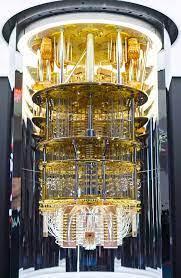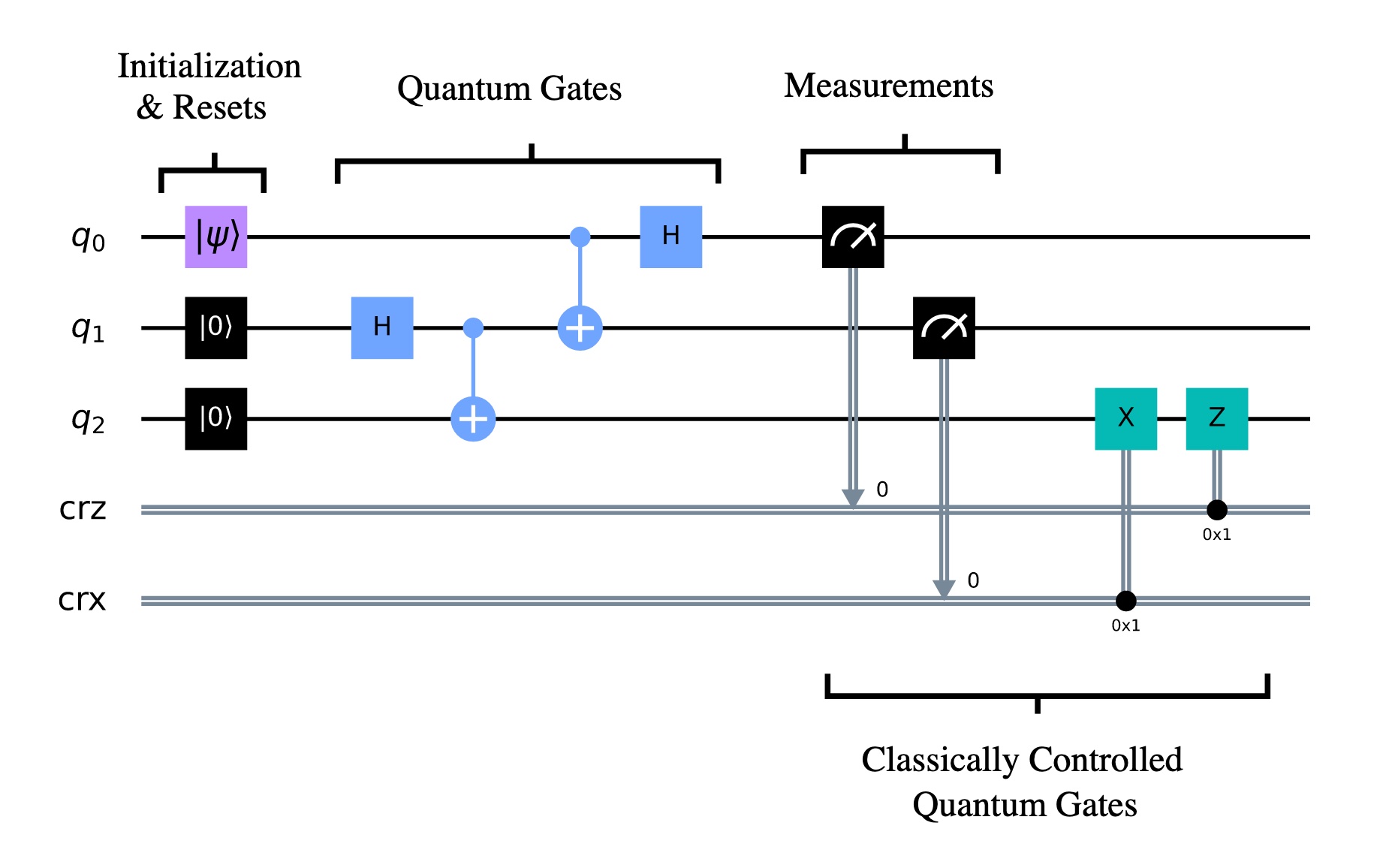Computing based on the physics of quantum mechanics was first proposed by Richard Feynman in 1982. In the ensuing forty years, much progress has been made and new developments and growth in the field have been increasing exponentially.
Once available, error-tolerant quantum computers of sufficient size will open up a new realm of computation completely with capabilities far beyond those of digital computers. Secure internet transactions will be impacted by the ability to factorize arbitrarily large numbers, but much more importantly will be the capability of simulating complex systems such as large molecules and novel materials. This will revolutionize pharmaceuticals and material science in ways that can’t be fully imagined.



